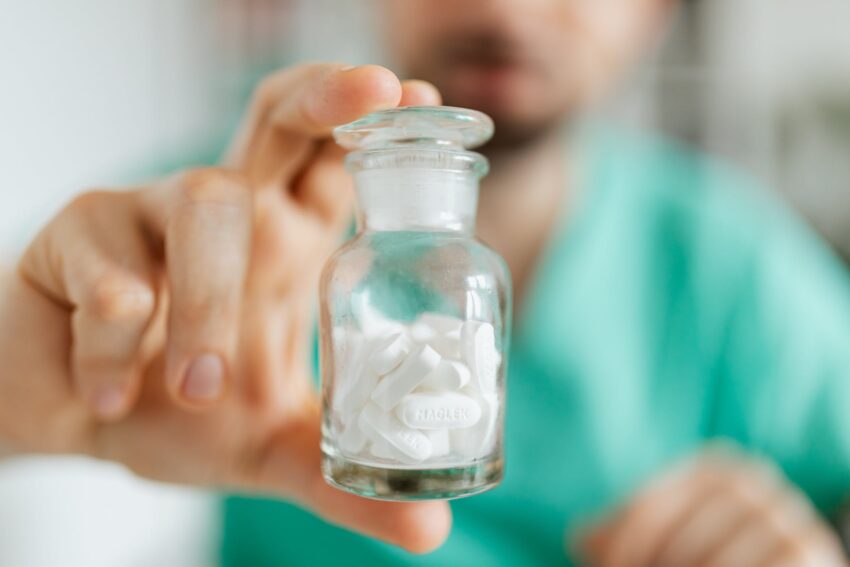With an ever-growing interest in optimizing human potential, innovative approaches to improve cognitive performance, creativity, productivity, and mood enhancement are continually being explored. One unconventional yet increasingly popular method is the practice of consuming sub-threshold doses of psychedelic substances—a method known as microdosing. This article offers insights into the role of these sub-threshold doses in helping to spark creativity, enhance mood and productivity, or enter a ‘flow state’ of focused immersion. We will discuss the benefits and potential risks, focusing primarily on LSD microdosing and psilocybin microdosing.
Microdosing typically entails consuming approximately one-tenth to one-twentieth of a regular dose of hallucinogenic substances like LSD or psilocybin, the psychoactive component in magic mushrooms. The aim is not to trigger vivid hallucinations typical of ‘a trip’, but to subtly alter perception and cognition in a way that enhances everyday performance.
Numerous anecdotal reports suggest a positive impact of microdosing on cognitive performance and creativity. Many users report an increase in problem-solving skills, more open thinking, enhanced emotional receptivity, and a heightened sense of empathy. Other benefits include anxiety reduction, mood enhancement, and boosted mental energy levels.
Critically, many microdosers report a greater ability to enter a ‘flow state’, an intensely focused mental state where an individual is completely immersed and engaged in an activity. This heightened state of consciousness has been shown in research to significantly boost productivity.
Although studies on the effects of LSD and psilocybin microdosing are still in their early stages, preliminary research supports some of these claims. For instance, a study published in the International Journal of Neuropsychopharmacology found that a single microdose of LSD could have positive effects on mood and cognition.
Psilocybin microdosing, in particular, has demonstrated promising potential in enhancing creative problem-solving and divergent thinking, according to a study in the Journal Psychopharmacology. These findings align with anecdotal reports, leading to increased interest in the potential therapeutic application of microdosing psychedelics in a range of mental health conditions, including depression and anxiety.
Despite growing enthusiasm, caution is essential when approaching any form of psychedelic use, including microdosing. The long-term effects of frequent microscopic consumption of psychedelics remain largely unexplored. Current research is primarily based on self-reports, which tend to be more subjective and less reliable than controlled scientific studies.
Moreover, because these substances remain illegal in many countries, acquiring a consistent, safe supply is challenging. There is also the potential risk of unexpected or intense psychedelic experiences, particularly if dosages aren’t accurately estimated. As with all substances impacting brain chemistry, there’s a possible risk of dependency, though current evidence suggests that the risk associated with psychedelics is considerably lower than with substances like nicotine and alcohol.
Given the growing interest in the beneficial effects of psychedelic microdosing and the apparent promise it holds, further rigorous and controlled research is needed. Microdosing could potentially offer a novel way to enhance cognitive performance and treat mental disorders, but until comprehensive studies can provide definitive answers to the many questions surrounded the practice, individuals should approach it with caution.
In conclusion, the practice of microdosing psychedelic substances such as LSD and psilocybin appears to be emerging as a compelling tool for the enhancement of creativity, cognitive performance, and mood. While promising, it should be noted that controlled experimentation and comprehensive research are needed to conclusively establish the benefits and long-term effects of this practice. As always, anyone considering such an approach should thoroughly research and understand the potential risks and legality of usage in their region.
